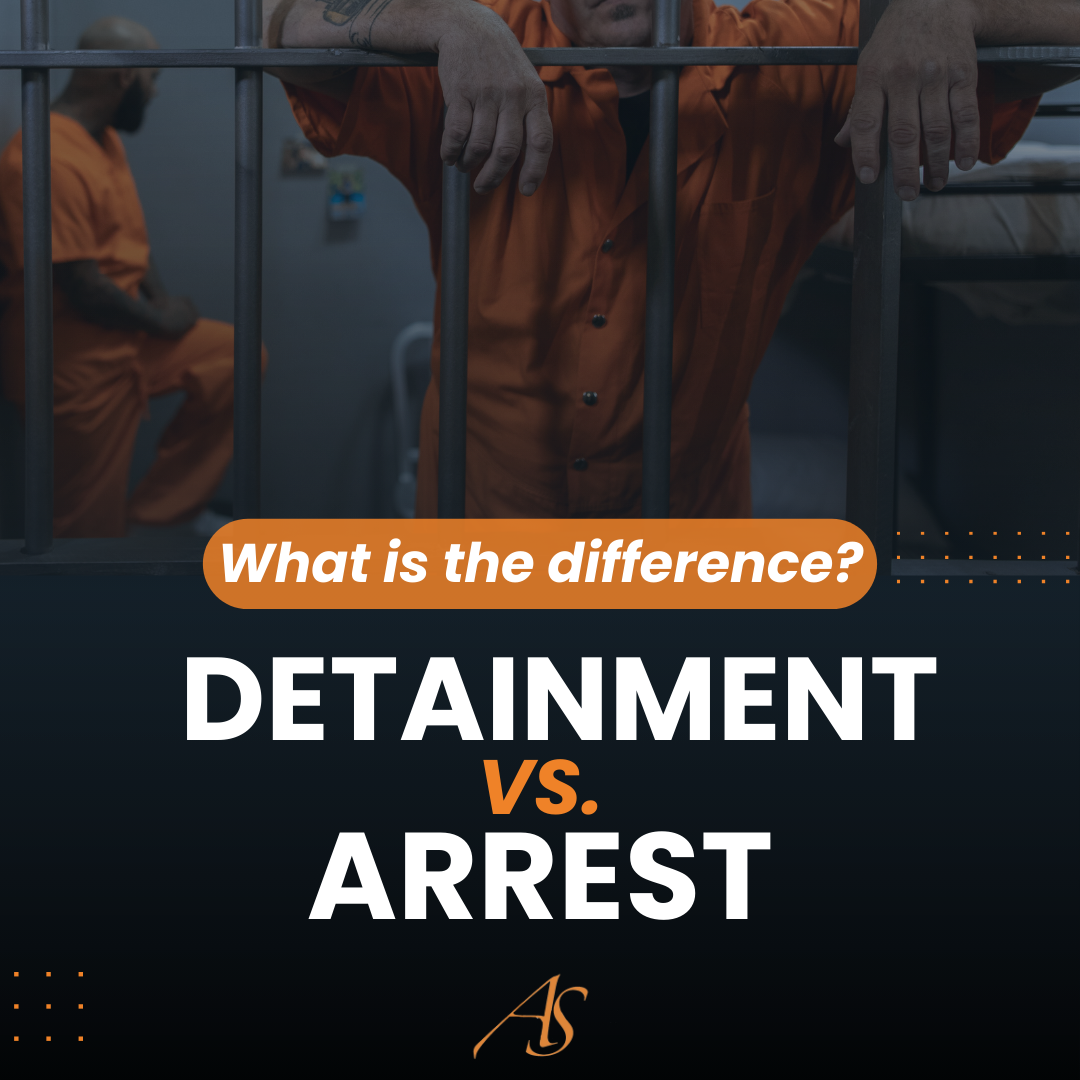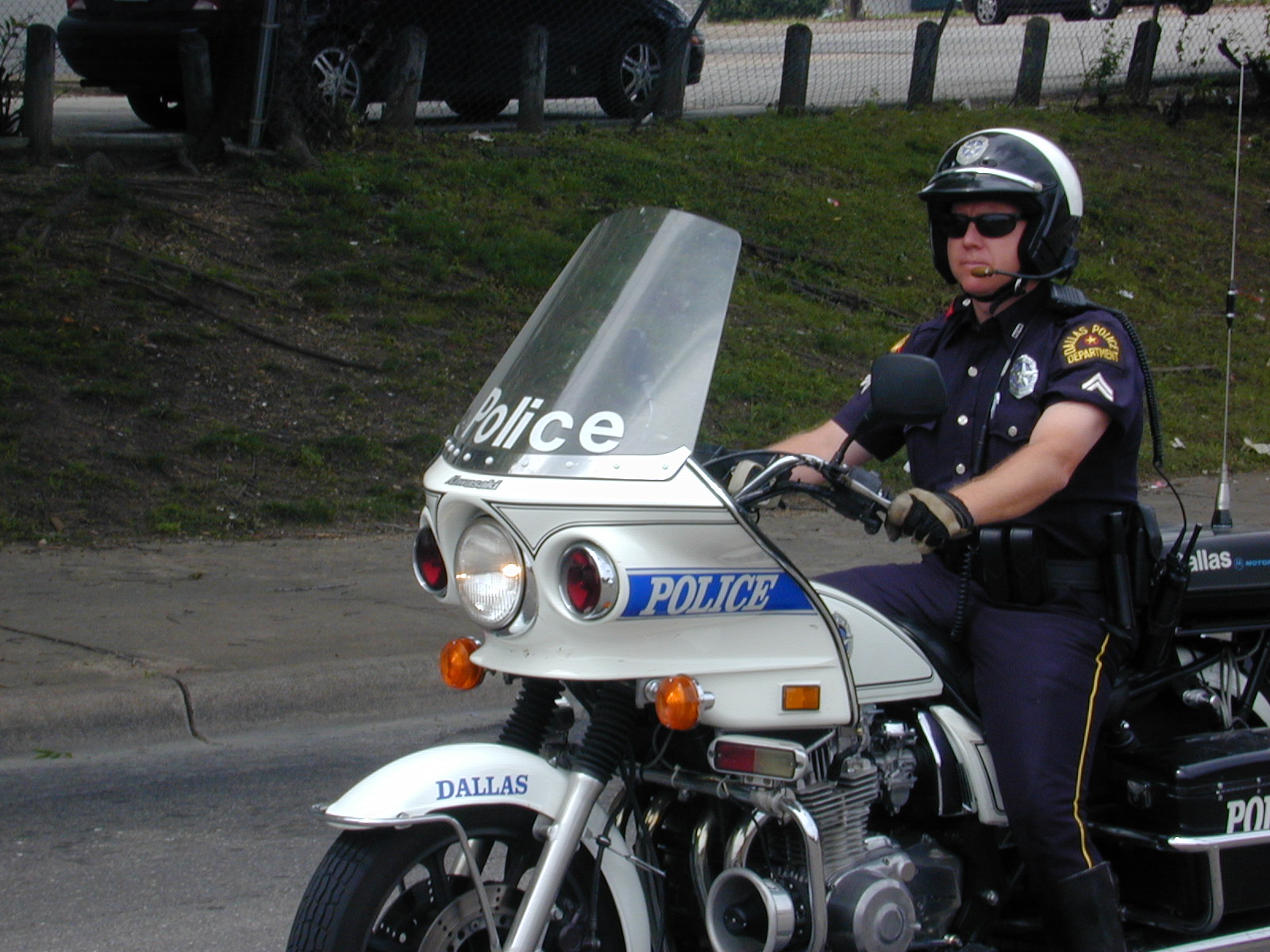 What is the Difference Between Detainment and Arrest?
What is the Difference Between Detainment and Arrest?
If you watch any of the reality police shows on television, you may notice that police sometimes place people in handcuffs rather quickly. Sometimes they tell the person that they are not being arrested, but instead are being detained. You may wonder what the difference is and when detainment turns into arrest. You will want to understand in case you find yourself in this particular situation.
What is Detainment?
To detain a person means to hold someone in custody for a period of time. When you are detained, you are not under arrest, but you are not free to leave. The purpose of detaining someone is for the police officer to investigate a potential crime or to question someone about a crime. In order to lawfully detain a person, the police officer must have probable cause to believe that a crime was committed or was in the process of being committed. Probable cause means that the officer must have some facts of evidence to substantiate their belief that a crime has likely taken place or is being committed.
Charlotte Criminal Lawyer Brad Smith answers the question: “The person that called the police doesn’t want to press charges, can I still be prosecuted?”
How Long Can the Police Detain Someone?
The police usually use detainment at the beginning of an investigation to take control of a crime scene and establish order. They may detain a person, for example, when they see a weapon when they conduct a traffic stop. In that case, they will get everyone out of the vehicle and detain them until they can ensure their safety and the safety of others. Detainment typically only lasts a few minutes to a few hours at the most. If the police do not find any further evidence, they will release the detainee with no charges. If they find evidence that a crime was committed, they will arrest the person.
What Happens When You are Placed Under Arrest?
When police place a person under arrest they typically place them in handcuffs. It is important to note that being placed in handcuffs alone is not an indication of arrest. An officer might place you in handcuffs while you are detained and then remove the handcuffs later. It is also possible to be arrested without being placed in handcuffs. If you are under arrest the officer will clearly tell you and will read you your rights, also called Miranda warning.
You are not free to leave, and the police may place you into the back of a police car. If you are placed under arrest the police will take you to the station where they will conduct a search, check your background, take fingerprints, and take a photo. Later, you will go before a judge for an arraignment and setting of bail. If you have been arrested, you will likely want to get help from a qualified criminal defense attorney as soon as possible. Your attorney can be present during questioning.
Arnold & Smith, PLLC has extensive experience with criminal defense of all types of charges. If you have been arrested, contact us immediately at Arnold & Smith, PLLC at (704) 370-2828 for a consultation.
The criminal defense attorneys at Arnold & Smith, PLLC make it their mission to zealously defend their clients on a wide range of criminal matters at both the state and federal levels. These matters may include any charge from traffic offenses; DWI/DUI; drug charges (from simple possession to possession with intent to distribute and trafficking); gun permit denials; weapons offenses; and property crimes (larceny, breaking and entering, robbery, fraud, embezzlement, white collar offenses); to sexually related offenses (indecent exposure; sexual assault, crimes against nature, removal from sex offender registry); and violent crimes (domestic violence; assault; manslaughter; homicide, murder). Other legal issues that Arnold & Smith, PLLC criminal clients may be facing include restraining orders, restraining order and probation violations, expungements; appeals; and immigration issues related to criminal charges. Our criminal defense attorneys are passionate about ensuring that individuals empower themselves by being informed about their constitutional rights and stand at the ready to fight in the defense of those facing criminal charges.
Source:
Miranda warning | Wex | US Law | LII / Legal Information Institute (cornell.edu)
detain | Wex | US Law | LII / Legal Information Institute (cornell.edu)
Image Credit:
https://www.freeimages.com/photo/dpd-1497175
See Our Related Video from our YouTube channel:
https://www.youtube.com/user/ArnoldSmithPLLC/videos
See Our Related Blog Posts:
What are Your Rights After Getting Stopped by the Police?
 Charlotte Criminal Lawyer Blog
Charlotte Criminal Lawyer Blog


